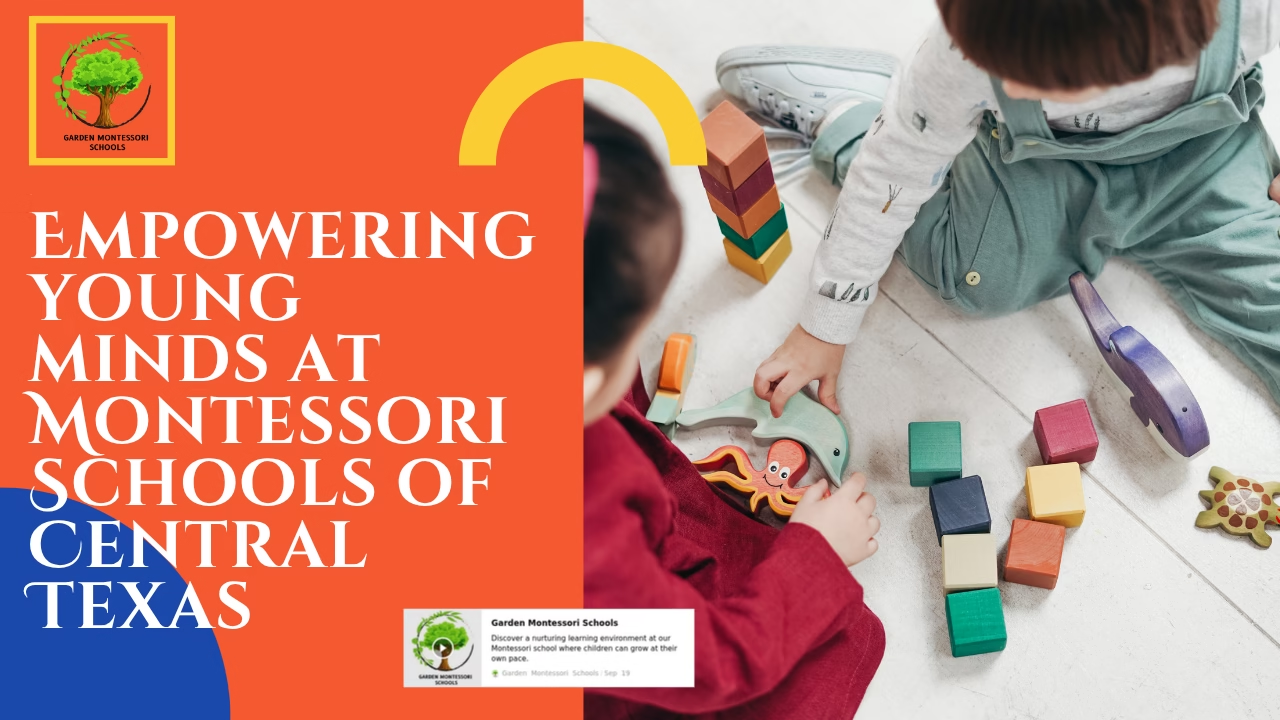Smiling, walking, babbling, and talking in short phrases are just a few of the crucial stages of a child’s development. Meeting these milestones enables children to support their brain and body functions.
Having an understanding of the available frameworks helps adults determine a child’s developmental stage and whether some assistance is required. This guide discusses these milestones, how to monitor them, and ways to promote healthy development in the early years.
The development and learning processes of young children can be best understood when their growth components are structured sequentially.
What Are Milestones in Early Childhood Development?
Milestones in early childhood development refer to the specific skills children are expected to achieve by a certain age, including speaking, physical movement, learning, social interactions, and self-regulation.
Examples include rolling over, sitting up, walking, talking, and making eye contact. While developmental milestones provide a general schedule, it is essential to keep in mind that each child develops at their own unique pace.
Paediatricians use these milestones as developmental screening tools to check if a child is progressing as expected. An informed parent has the opportunity to address concerns and access support if required.
How Are Physical and Cognitive Milestones Explored Through Time?
Physical milestones encompass traveling, crawling, and walking, as well as fine motor skills like drawing with crayons and using a spoon. Memory, attention span, logic, and problem-solving are cognitive milestones.
By the age of five, a significant number of children understand fundamental concepts of counting and storytelling and can follow basic routines. Recognizing colors and obeying simple commands is within reach for a child at five, and three is no exception.
These gains ensure the child is well-prepared for school and has a strong emotional well-being. Stimulation, such as reading, safe play, and puzzles, unlocks mastery in every stage while building confidence.
Why Do Milestones in Early Childhood Development Differ Among Children?
Every child develops in their way. Variations in genetics, environment, temperament, nutrition, and language exposure can help explain differences in early childhood milestones.
Consider walking as an example. Some children might walk by 10 months, while others start at 14 months. Timing is often influenced by factors such as premature birth, a family history of delays, or speaking multiple languages.
Even so, considerable delays in various areas may need professional evaluation. Accepting variation instead of focusing on a singular benchmark helps relieve stress for parents and caregivers. It also shifts attention toward nurturing growth instead of forcing it.
Supporting healthy childhood development by observing trends rather than comparing is far more beneficial.
How Can Parents Help Achieve Milestones In Early Childhood Development?
Parents have the most influence on milestones associated with early childhood development. Activities such as reading, talking, singing, and playing with your child actively help them develop both linguistic and cognitive skills.
Allowing your child to choose between two snacks helps them make simple choices, fostering basic decision-making skills. To help boost their self-esteem, praise their efforts rather than the outcome.
Motor coordination is best enhanced with plenty of safe movement time, and most importantly, foster a loving, responsive relationship with them. Safe, predictable, and emotionally secure environments allow children to thrive.
Regular paediatrician appointments alongside recommended checklists help guide and encourage progress at every stage.
🙋♀️ FAQs
What if my child misses a developmental milestone?
Delays are expected as children progress at different rates. A pediatrician should continually assess persistent delays across multiple areas of development.
Are milestones the same for boys and girls?
Both would usually meet milestones at the same time, although some differences could occur. Girls develop language skills at a slightly faster rate, and boys sometimes show stronger physical abilities earlier on.
Can activities accelerate early childhood development?
Absolutely! Outdoor play, reading, and age-appropriate problem-solving exercises greatly aid in achieving milestones.
When should developmental milestones be monitored?
Milestones are typically tracked during routine check-ups at around 2 months, 6 months, 1 year, and so on. Home watching helps a lot, too.
🟫 Conclusion
Knowing milestones in the early stages of childhood development enables parents to aid their growing children optimally. Support your child through every step and celebrate every milestone—every one builds a stronger foundation for the brighter tomorrow ahead.



